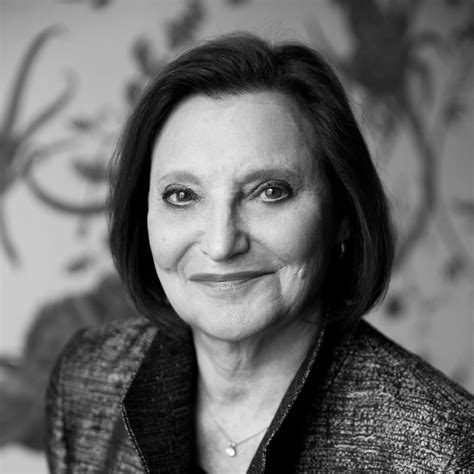A Quote by Anthony Burgess
Literature ceases to be literature when it commits itself to moral uplift; it becomes moral philosophy or some such dull thing.
Quote Topics
Related Quotes
Literature cannot develop between the categories "permitted"—"not permitted"—"this you can and that you can't." Literature that is not the air of its contemporary society, that dares not warn in time against threatening moral and social dangers, such literature does not deserve the name of literature; it is only a facade. Such literature loses the confidence of its own people, and its published works are used as waste paper instead of being read. -Letter to the Fourth National Congress of Soviet Writers
We do literature a real disservice if we reduce it to knowledge or to use, to a problem to be solved. If literature solves problems, it does so by its own inexhaustibility, and by its ultimate refusal to be applied or used, even for moral good. This refusal, indeed, is literature's most moral act. At a time when meanings are manifold, disparate, and always changing, the rich possibility of interpretation--the happy resistance of the text to ever be fully known and mastered--is one of the most exhilarating products of human culture.
One of the things I want to do in the book is to explore how philosophy can be done in literature. I start doing that in the first chapter, by introducing the idea of "philosophy by showing". What literature/philosophy shows is how to look at some important facets of life in a new way, thus changing the frame in which subsequent philosophical argument proceeds.
We are now returning to the 18th century empirical approach with the new interest in the evolutionary basis of ethics, with 'experimental' moral philosophy and moral psychology. As a result, we understand better why moral formulas are experienced as ineluctable commands, even if there is no commander and even if the notion of an inescapable obligation is just superstition. So moral philosophy has made huge progress.
If nobody talks about books, if they are not discussed or somehow contended with, literature ceases to be a conversation, ceases to be dynamic. Most of all, it ceases to be intimate. It degenerates into a monologue or a mutter. An unreviewed book is a struck bell that gives no resonance. Without reviews, literature would be oddly mute in spite of all those words on all those pages of all those books. Reviewing makes of reading a participant sport, not a spectator sport.
I would say to anybody who thinks that all the problems in philosophy can be translated into empirically verifiable answers - whether it be a Lawrence Krauss thinking that physics is rendering philosophy obsolete or a Sam Harris thinking that neuroscience is rendering moral philosophy obsolete - that it takes an awful lot of philosophy - philosophy of science in the first case, moral philosophy in the second - even to demonstrate the relevance of these empirical sciences.




































